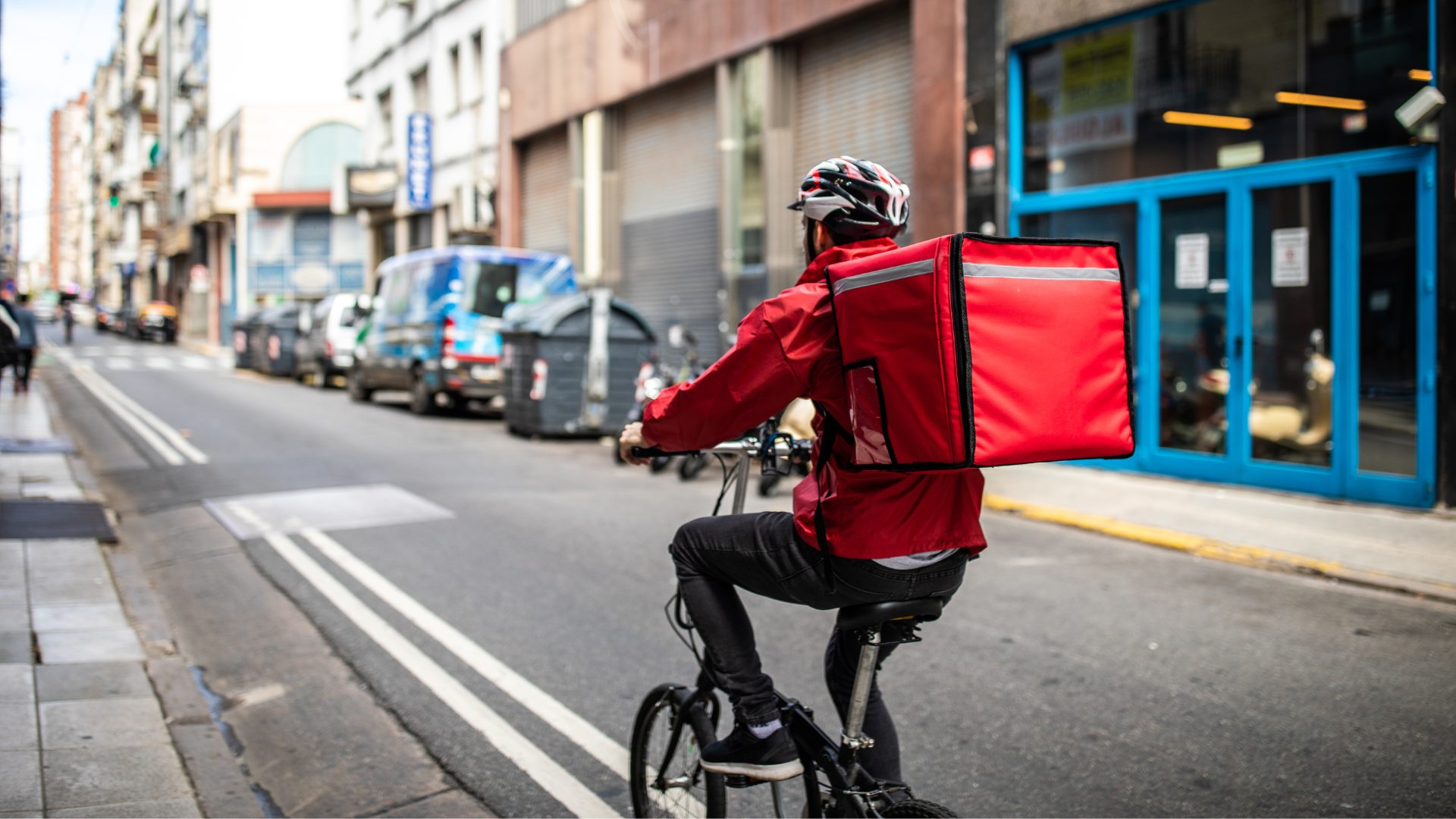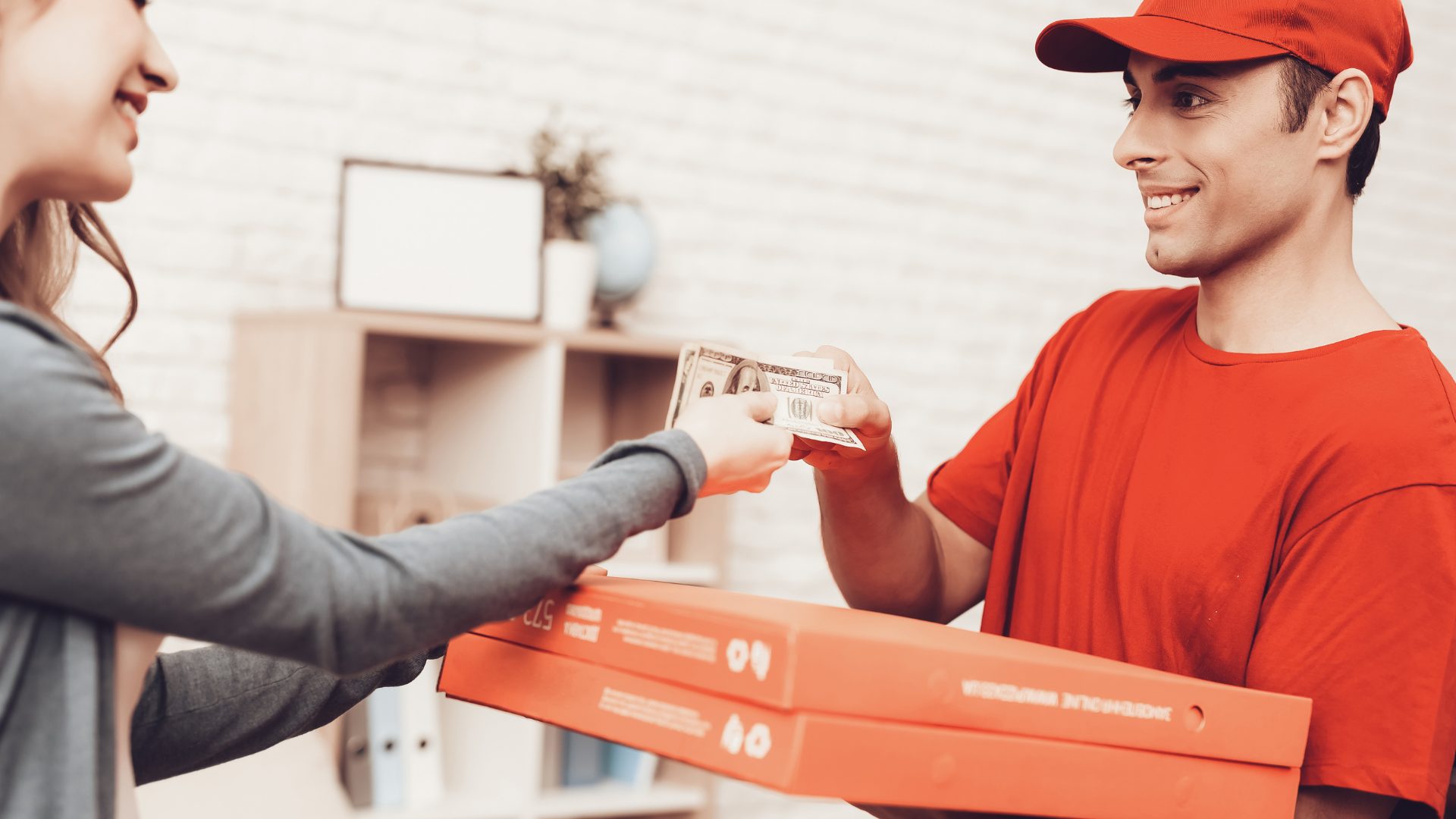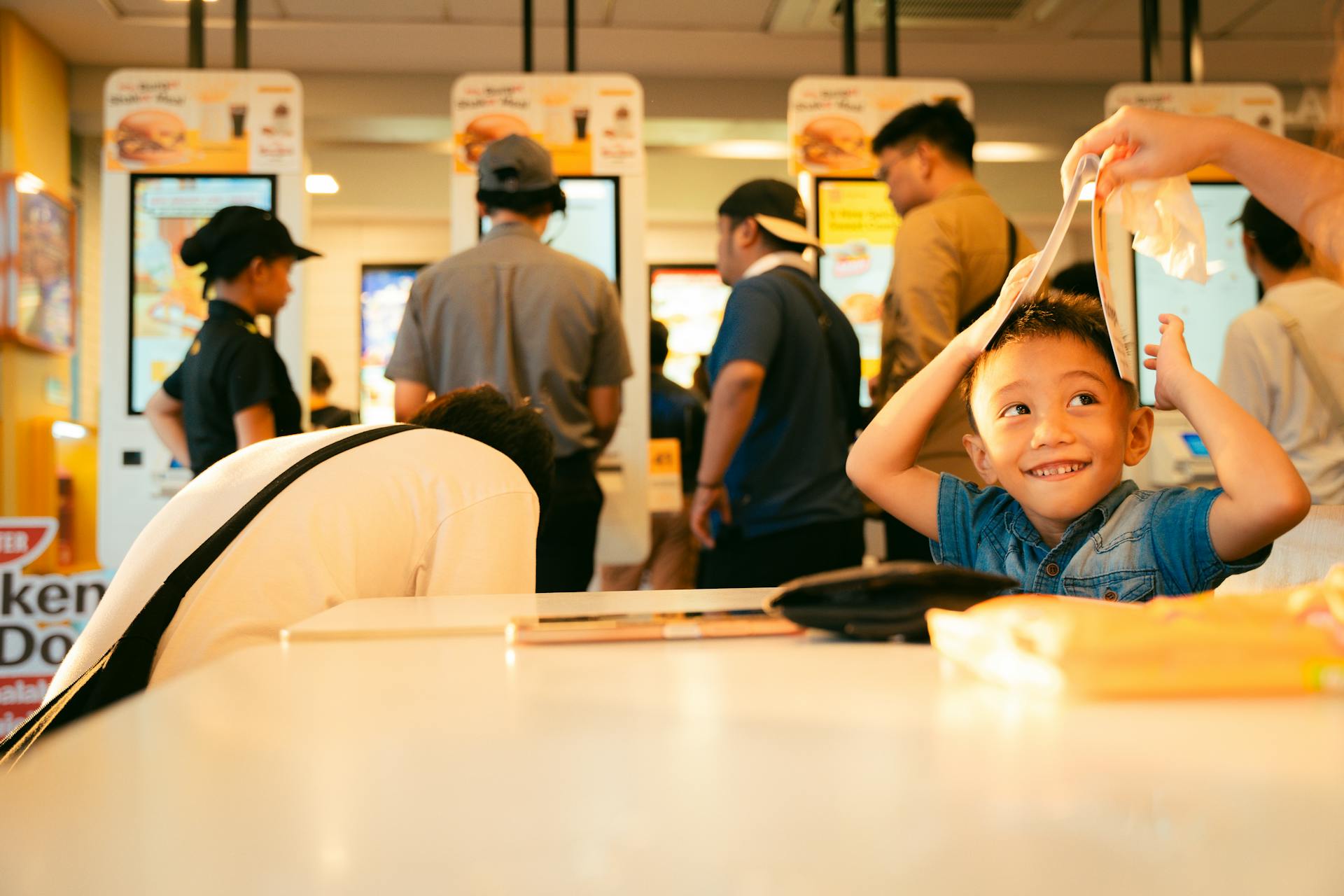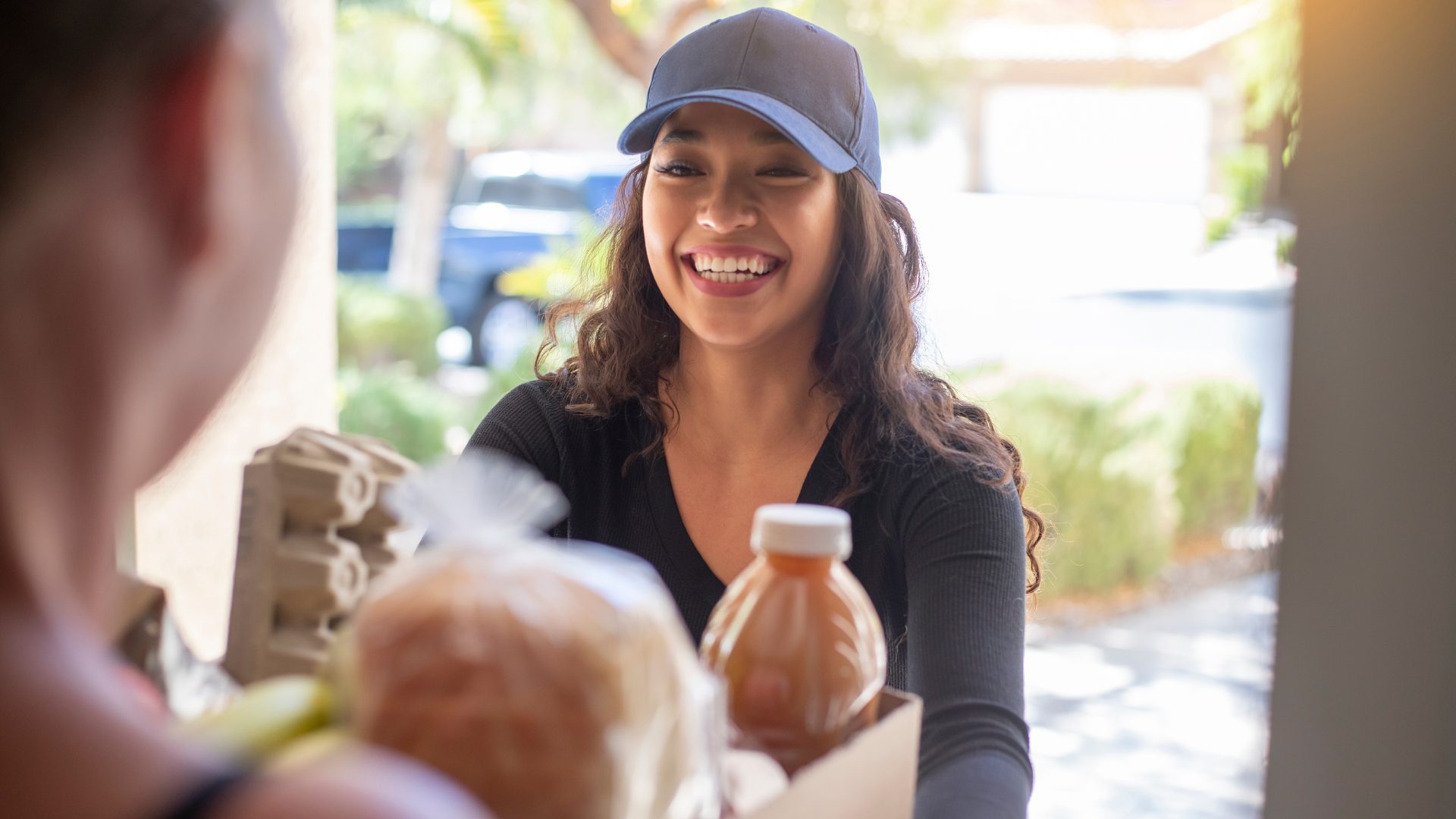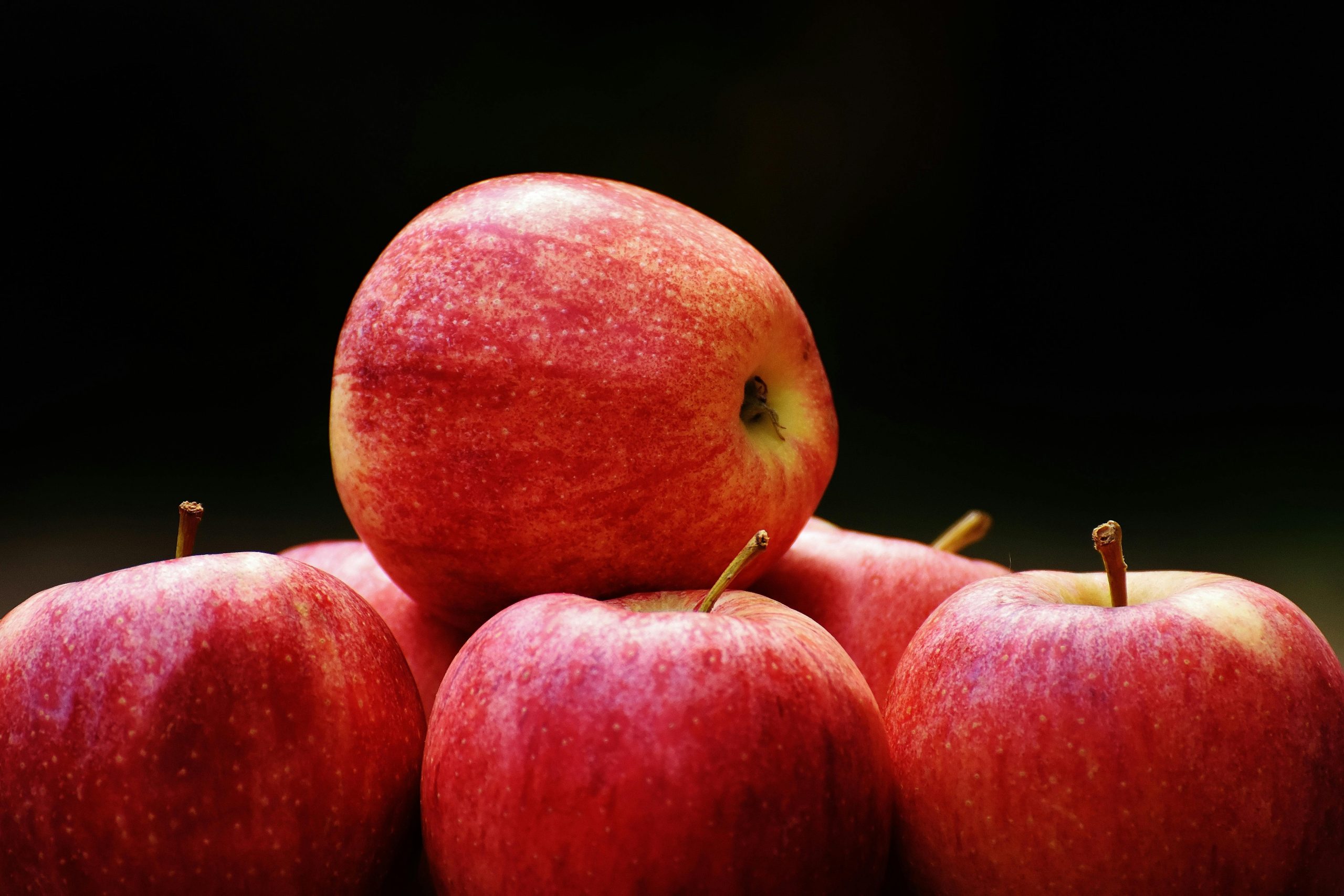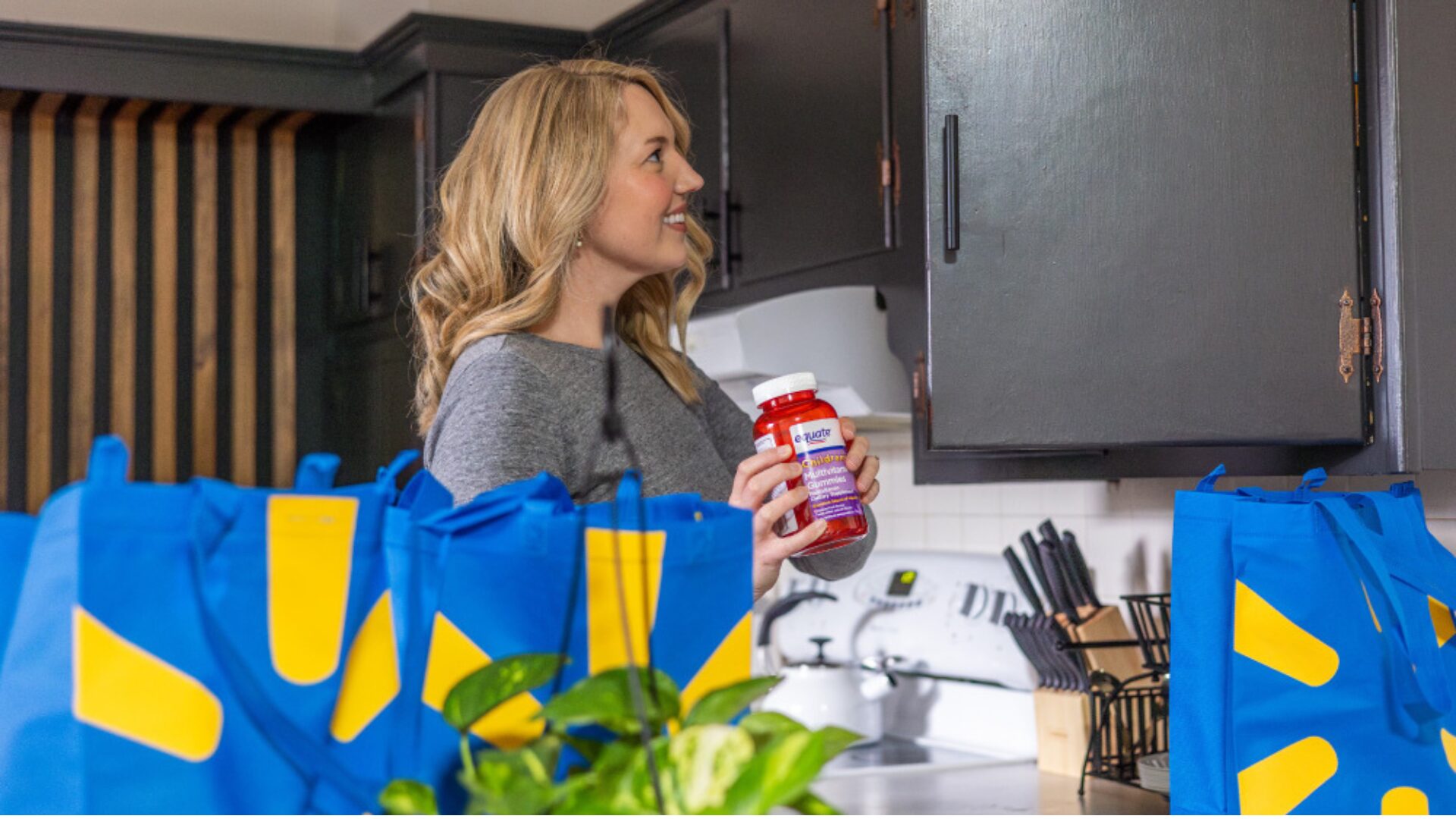DoorDash plans to open an initial public offering in the fall, according to people familiar with the matter, reported Bloomberg (Aug. 22).
The company had previously considered going public through a direct listing but decided to instead pursue a traditional IPO in which it would issue new shares to raise capital. It filed with the U.S. Securities and Exchange Commission in early 2020 but was delayed due to the pandemic.
Another delay could come from California’s November ruling determining how DoorDash can classify employees in one of its largest markets. Uber, Lyft, DoorDash, Instacart, and Postmates are spending more than $110 million to support a November ballot measure in California, Proposition 22, to classify app-based drivers as contractors, reported The New York Times (Aug. 13).
Like most delivery startups, DoorDash became essential during the pandemic. In the spring, workers started delivering grocery and convenience items like toilet paper.
However, it also faced some backlash. In April, it was sued, along with other food delivery companies, by consumers who alleged they were tacking on “exorbitant fees” to their delivery orders—which had skyrocketed.
Investors valued DoorDash at nearly $16 billion after it raised $400 million in June, the company said in a statement. However, the company is still unprofitable and faces some possible threats depending on what happens in California’s November ballot.
The company has also been differentiating its business. At the beginning of August, DoorDash launched a chain of virtual convenience stores called DashMart. The stores sell snacks, groceries, and other food-related products from partner restaurants.
Currently, DashMart is available in eight U.S. cities: Chicago; Cincinnati; Columbus, OH; Dallas; Minneapolis; the greater Phoenix, AZ area; Salt Lake City; and Redwood City, CA. DoorDash plans to expand to more locations in the future.
In its latest move, DoorDash is expanding with on-demand grocery delivery, reported TechCrunch (Aug. 20).
Customers can now order groceries through the DoorDash app from partners including Smart & Final, Meijer, and Fresh Thyme. Additional stores including Hy-Vee and Gristedes/ D’Agnostino are expected to be added in the next few weeks.
DoorDash says it has a delivery footprint covering 75 million Americans in markets like San Francisco Bay Area, Los Angeles, Orange County, Sacramento, San Diego, Chicago, Cincinnati, Milwaukee, Detroit, and Indianapolis through these new partnerships.
A number of grocery stores are already part of the DoorDash Drive program, a white-label service where DoorDash handles last-mile delivery, noted Fuad Hannon, the company’s head of new verticals. Hannon said introducing grocery delivery into the app itself is a “natural extension” of those efforts.
DoorDash is also promising to deliver within an hour of a customer’s order. “There’s no scheduling, no delivery slots, no day-long waits,” Hannon said.
In order to achieve this, Hannon said DoorDash created “deep partnerships and commercial relationships” with the grocery stores, coordinating on things such as inventory management. “Embedded shoppers” hired from a staffing agency handle the shopping in each store, and the groceries are then delivered by DoorDash’s Dashers.
Prices are set by the merchant and should be the same as in-store, though perhaps without buy-one-get-one-free offers and other in-store deals. The deliveries are included in the company’s DashPass subscription, which offers free delivery and reduced service fees.
Additionally, the company is offering prepared meals from a longer list of grocery partners, including Wegmans, Hy-Vee, Gelson’s, Kowalski’s, Big Y World Class Markets, Food City, Village Supermarkets, Save Mart, Lucky, Lucky California, and Coborn’s.



